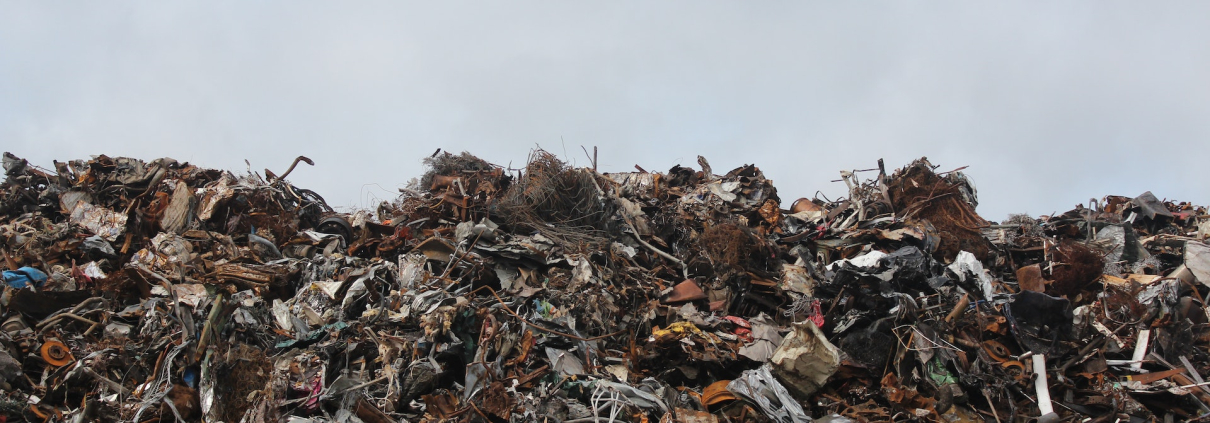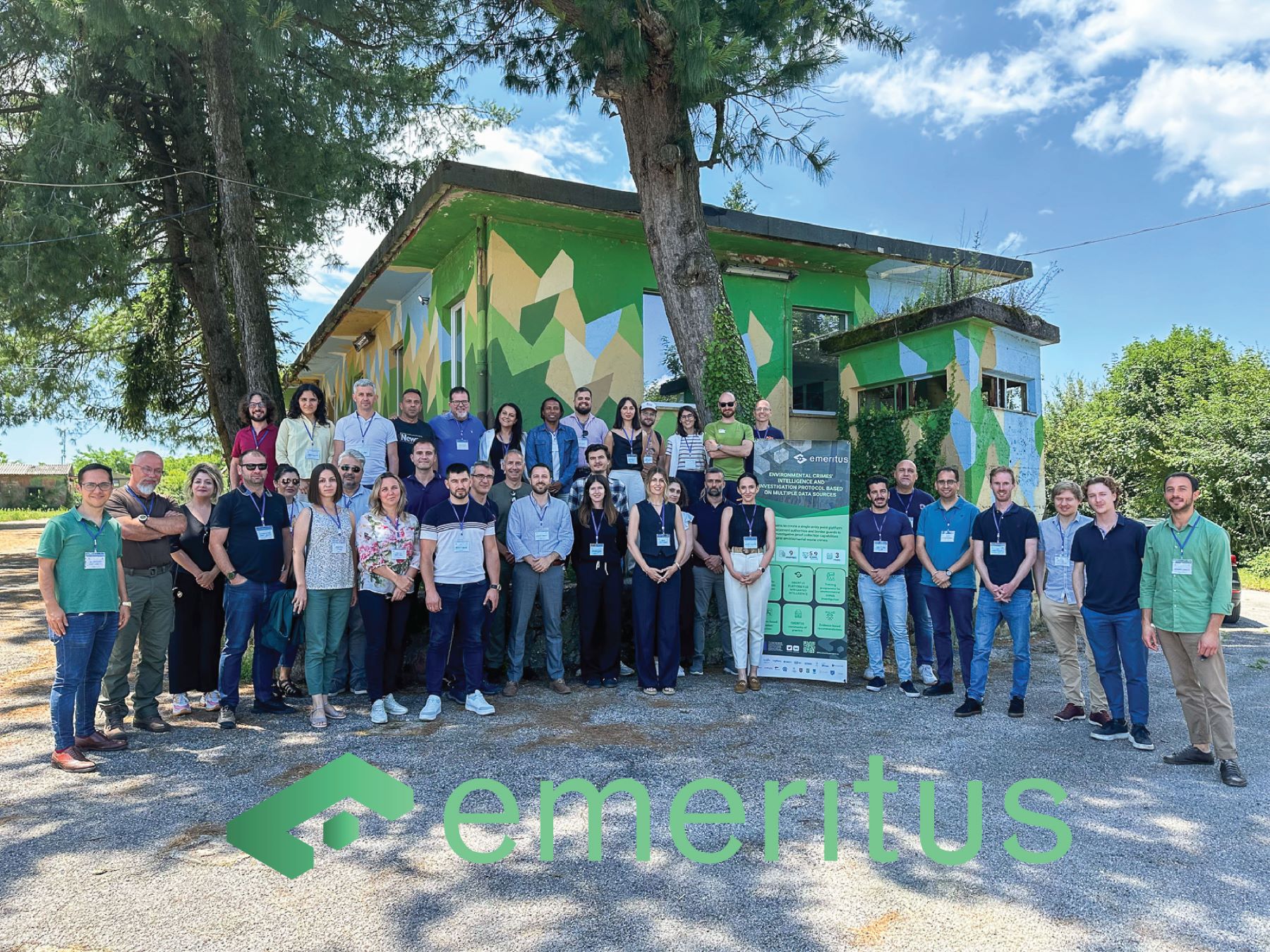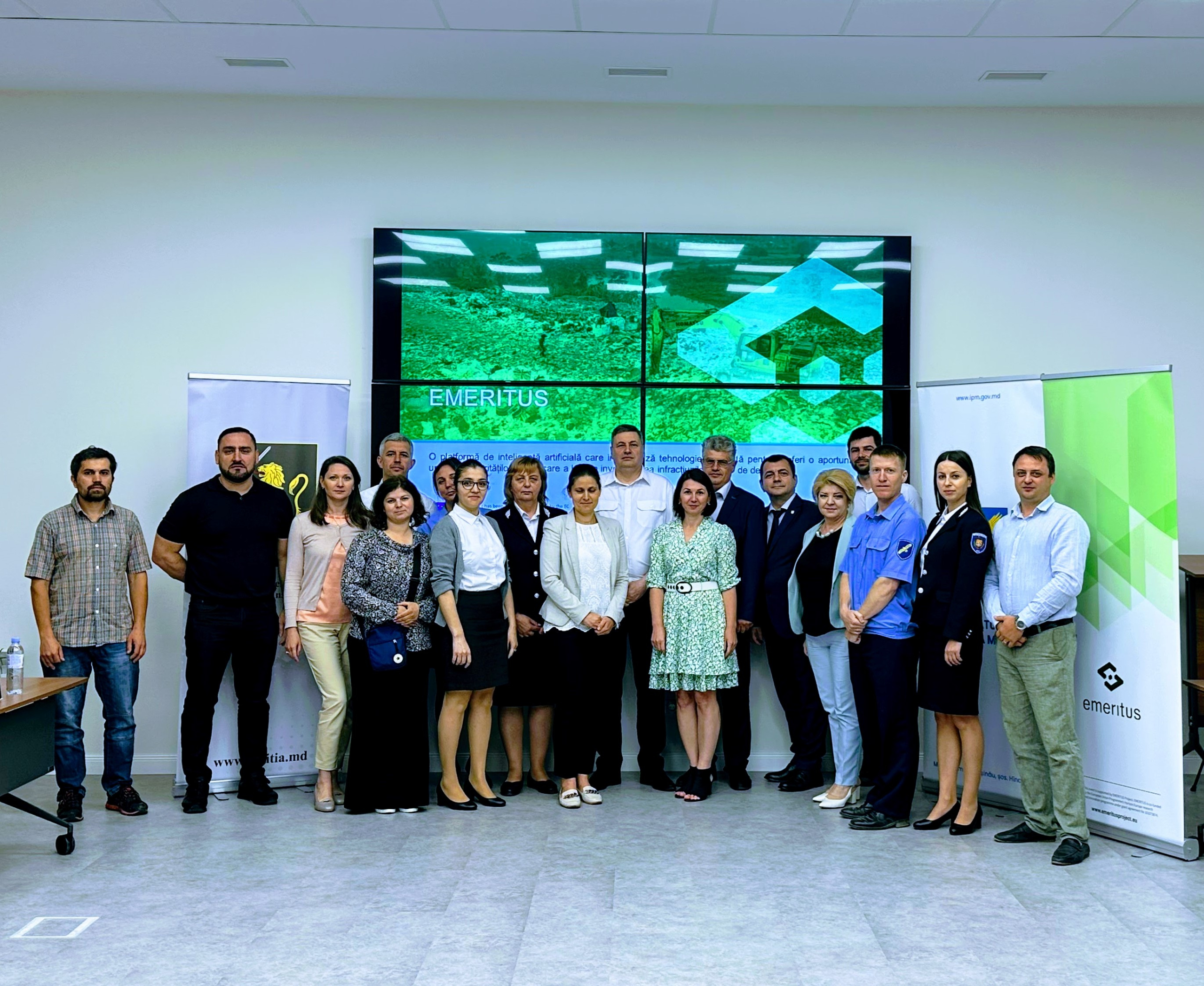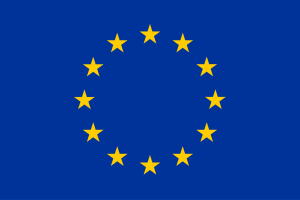The complexity of combating environmental crime
Cooperation is key in fighting waste-related crimes, and EMERITUS has a role to play in that sense.
Going after waste traffickers and criminals involved in environmental offences across the EU is far from easy.
One of the main issues is the different rules across Members States about what constitutes an environmental crime – a flaw that leads to major loopholes that criminals have become adept at exploiting.
Diverging rules on what is classified as “waste” is due to different definitions of waste trafficking among countries and the subsequent different gravity of the resulting criminal offence – an issue that generates between €4 billion and €15 billion annually, as reported in the EU Factsheet on Environmental Crime.
As the spokesperson for EU law enforcement agency Europol Jan op gen Oorth mandates, a situation where “certain crimes are less strictly punished in a country or another” leads to safe havens.
Since organised environmental crime tends to happen across borders, EU agencies like Europol, Eurojust and the EU Anti-Fraud Office (OLAF) have an important role to play. But they can only get involved once a country reports a crime and asks for assistance. For this reason, cooperation among countries and their respective Board Guards (BGs) and Law Enforcement Authorities (LEAs) is of foremost importance.
In this, EMERITUS has a crucial contribution to give. One of the project’s objectives is to develop a training programme to foster LEAs and BGs’ intelligence and investigation capabilities at both the national and cross-border levels. This will be combined together with a new generation of technological tools orchestrated via a single-entry point platform to improve detection and proof collection capabilities against waste-related environmental crimes.
Environmental crimes have been increasing since 2018, especially waste trafficking, wildlife trafficking and air pollution, which combined together account for almost three-quarters of all cases. It is mandatory to take action to reverse this trend.
You can read more about the topic here.





